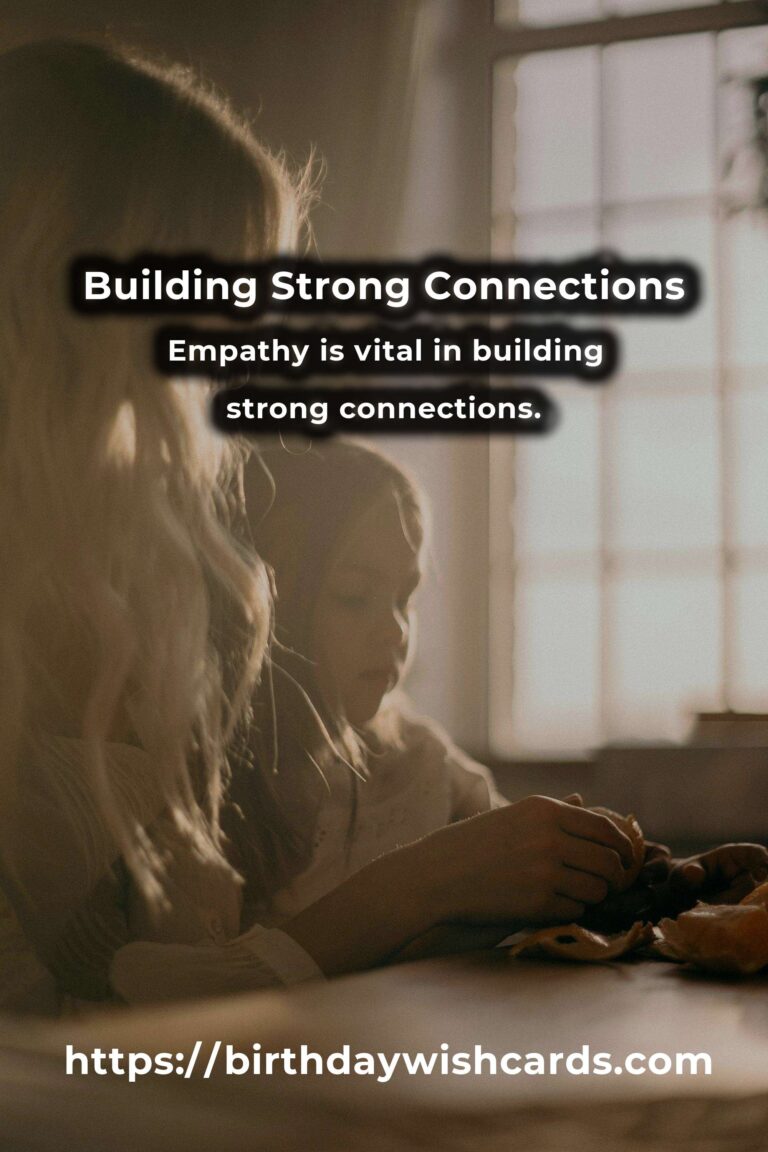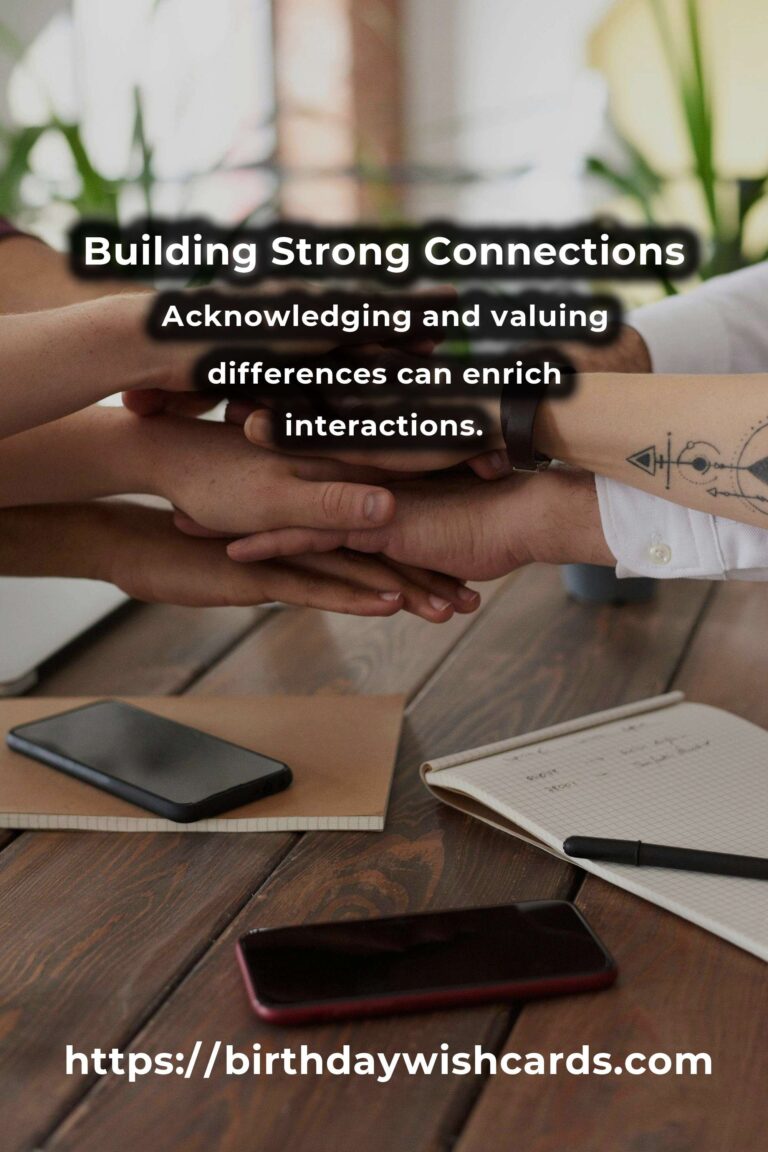
Healthy relationships are fundamental to a fulfilling life. Whether it’s with a partner, family, friends, or colleagues, the quality of our relationships significantly impacts our emotional and physical well-being. This article delves into the essential techniques that can help you build and maintain healthy relationships.
Effective Communication
Communication is the backbone of any healthy relationship. It involves not just speaking but also listening actively. To communicate effectively, you should express your thoughts and feelings clearly and respectfully. Avoid making assumptions about what the other person is thinking or feeling. Instead, ask questions and listen to their responses with an open mind.
Active listening is a crucial component of effective communication. It means paying full attention to the speaker, understanding their message, responding thoughtfully, and remembering what was said. Active listening can prevent misunderstandings and build trust in a relationship.
Setting Boundaries
Setting and respecting boundaries is another critical technique in maintaining healthy relationships. Boundaries help define what is acceptable and unacceptable behavior within the relationship. They ensure that both parties feel respected and valued.
To set boundaries, communicate your limits clearly and assertively. Respecting the boundaries set by others is equally important. This mutual respect fosters a sense of safety and security, which is essential for any relationship to thrive.
Practicing Empathy
Empathy, the ability to understand and share the feelings of others, is vital in building strong connections. By practicing empathy, you can better understand your partner’s perspective, which can lead to more compassionate and meaningful interactions.
To develop empathy, try to put yourself in the other person’s shoes. Consider their emotions and experiences, and respond with kindness and understanding. This approach can help resolve conflicts and strengthen the emotional bond between you and your loved ones.
Maintaining Trust
Trust is the foundation of any healthy relationship. It is built through honesty, reliability, and consistency. When trust is present, both parties feel secure and confident in the relationship.
To build trust, be honest about your thoughts and feelings, keep your promises, and be dependable. If trust has been broken, it will take time and effort to rebuild it. This process involves acknowledging the breach, taking responsibility, and demonstrating a commitment to change.
Spending Quality Time Together
Spending quality time together is essential in nurturing a healthy relationship. It allows you to connect, share experiences, and create lasting memories. Make an effort to dedicate time to your loved ones, free from distractions like phones or work.
Engage in activities that you both enjoy, whether it’s cooking a meal together, going for a walk, or simply having a meaningful conversation. These shared experiences can strengthen your bond and enhance the overall quality of your relationship.
Acknowledging and Valuing Differences
Every individual is unique, and acknowledging this diversity is crucial in any relationship. Embrace the differences between you and your partner, as they can enrich your interactions and broaden your perspective.
Instead of trying to change the other person, appreciate their distinct qualities and learn from them. This acceptance fosters a more inclusive and harmonious relationship.
Handling Conflicts Constructively
Conflicts are inevitable in any relationship, but how you handle them can determine the relationship’s health. Address conflicts promptly and constructively. Avoid blaming or criticizing, and focus on finding a solution that satisfies both parties.
Approach conflicts with a problem-solving mindset, listen to each other’s viewpoints, and work collaboratively to resolve the issue. This approach can prevent resentment and strengthen your relationship over time.
Conclusion
Building and maintaining healthy relationships requires effort, understanding, and commitment. By implementing these techniques—effective communication, setting boundaries, practicing empathy, maintaining trust, spending quality time, valuing differences, and handling conflicts constructively—you can foster stronger, more fulfilling connections with those around you.
Remember, every relationship is unique, and it is essential to adapt these techniques to suit your specific situation. With patience and dedication, you can cultivate relationships that bring joy and support to your life.
Healthy relationships are fundamental to a fulfilling life. Effective communication involves not just speaking but also listening actively. Setting and respecting boundaries is critical in maintaining healthy relationships. Empathy is vital in building strong connections. Trust is the foundation of any healthy relationship. Spending quality time together is essential in nurturing a healthy relationship. Acknowledging and valuing differences can enrich interactions. Handling conflicts constructively can determine the relationship’s health.
#HealthyRelationships #Communication #Empathy #Trust #QualityTime













